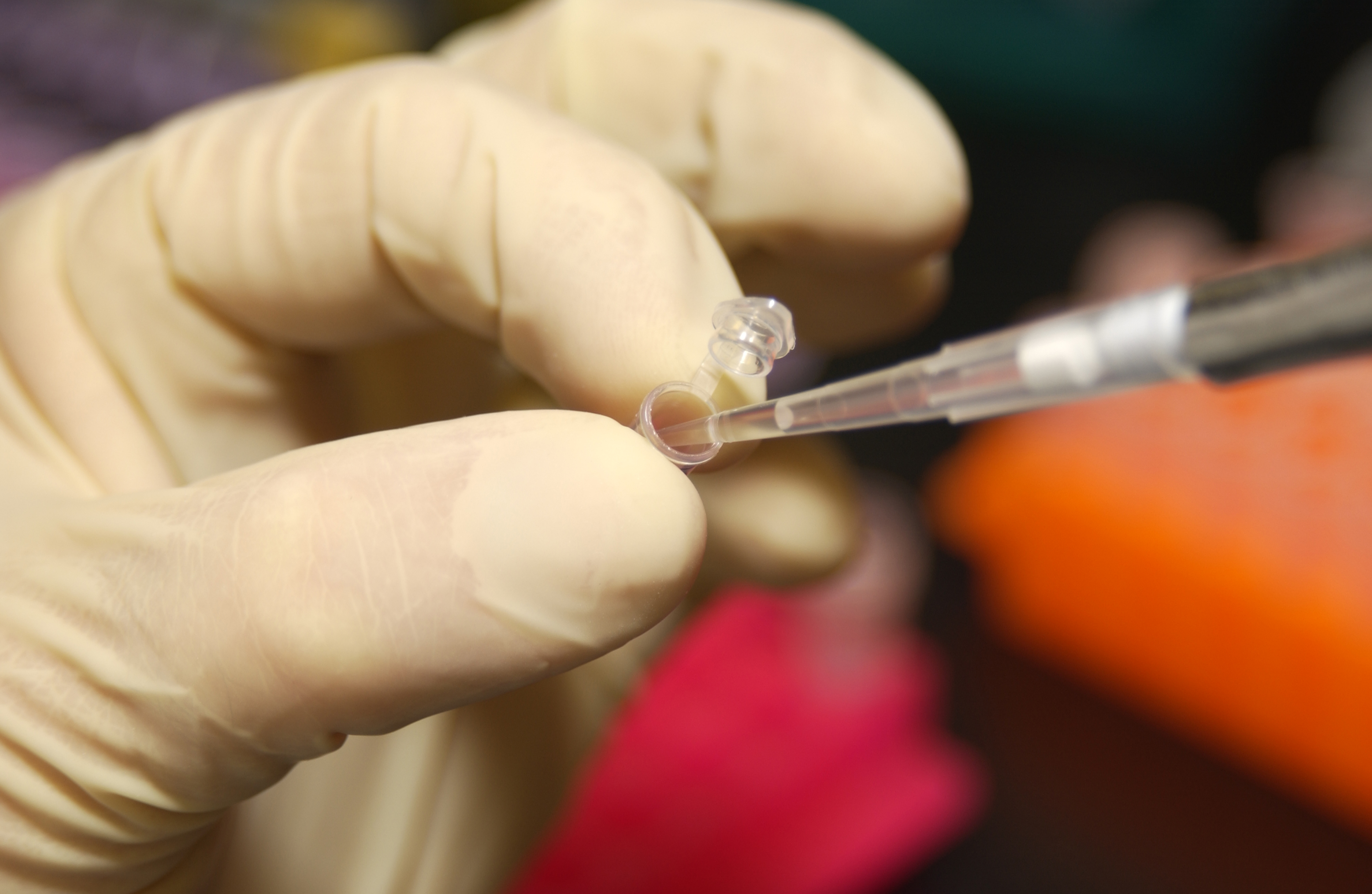Editorial: California shouldn’t keep DNA from hundreds of thousands of innocent people
By Chronicle Editorial Board,
San Francisco Chronicle [cites CGS' Marcy Darnovsky]
| 12. 14. 2018
California is being sued over its DNA collection practices, and the only thing that’s surprising is how long it took. In 2004, state voters passed Proposition 69, which requires authorities to collect DNA from anyone arrested for a felony. The person’s DNA profile is then uploaded to the national Combined DNA Index System.
Police and other law enforcement agencies around the country love the database, because it allows them to share information, generate leads, and connect the dots between crimes.
These are important functions, and DNA databases have been a breakthrough tool for law enforcement. In California, police agencies have used DNA databases to find the perpetrators of horrific crimes like the Gypsy Hill Killings.
But as we pointed out in 2004, there’s always been one huge flaw with Prop. 69: the size of the net it casts.
Prop. 69 requires DNA collection for anyone who’s been arrested for a felony, not convicted of a felony.
What that effectively means is that law enforcement agencies are allowed to keep the genetic profiles of thousands of people who have...
Related Articles
By David Jensen, California Stem Cell Report | 02.10.2026
Touchy issues involving accusations that California’s $12 billion gene and stem cell research agency is pushing aside “good science” in favor of new priorities and preferences will be aired again in late March at a public meeting in Sacramento.
The...
By Teddy Rosenbluth, The New York Times | 02.09.2026
Dr. Mehmet Oz has urged Americans to get vaccinated against measles, one of the strongest endorsements of the vaccine yet from a top health official in the Trump administration, which has repeatedly undermined confidence in vaccine safety.
Dr. Oz, the...
By Leah Romero, SourceNM | 02.06.2026
An historical poster from 1977 created by Rachael Romero for the
Wilfred Owen Brigade in San Francisco, California. (Library of Congress)
Members of the New Mexico Legislature’s House Government, Elections and Indian Affairs Committee advanced a memorial Friday that calls...
By Pei-Chieh Hsu, Taiwan Insight | 02.02.2026




